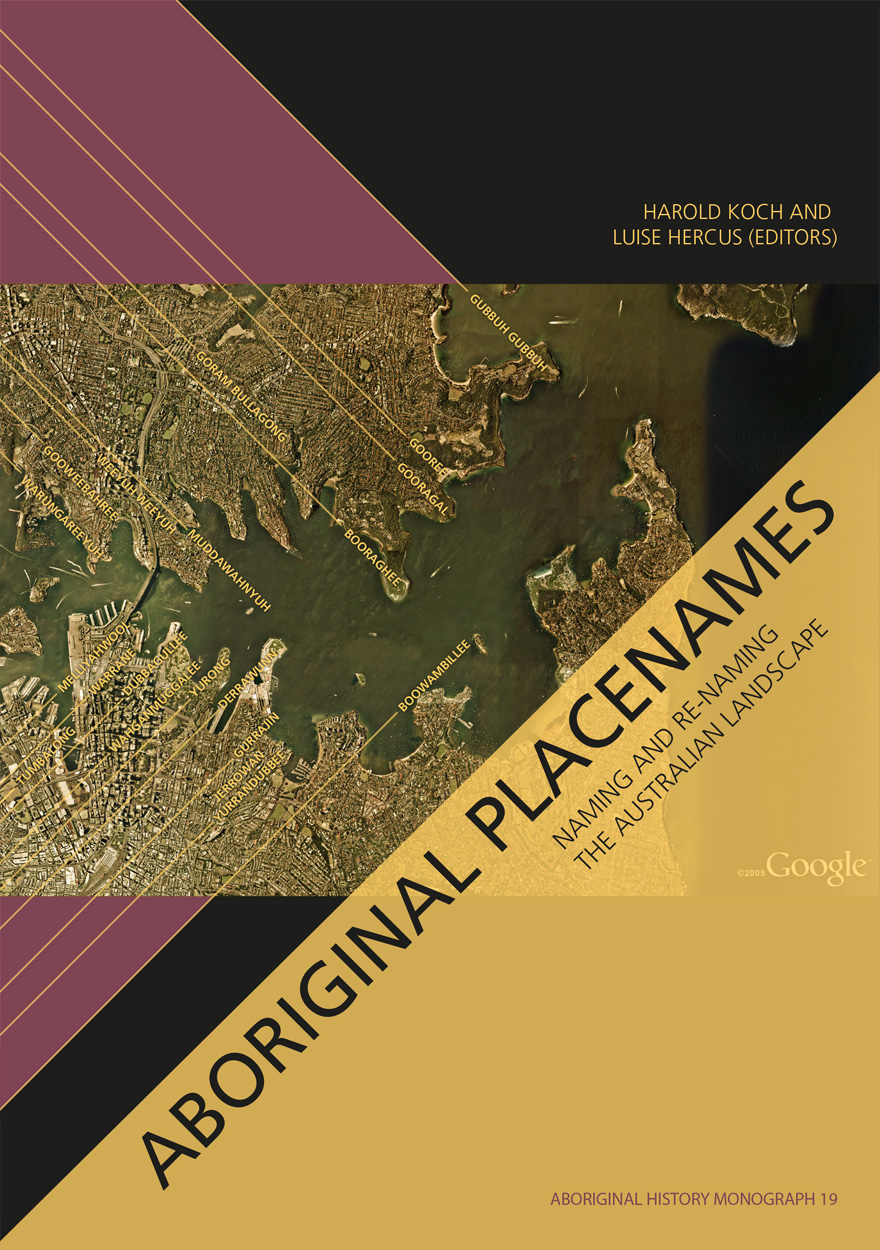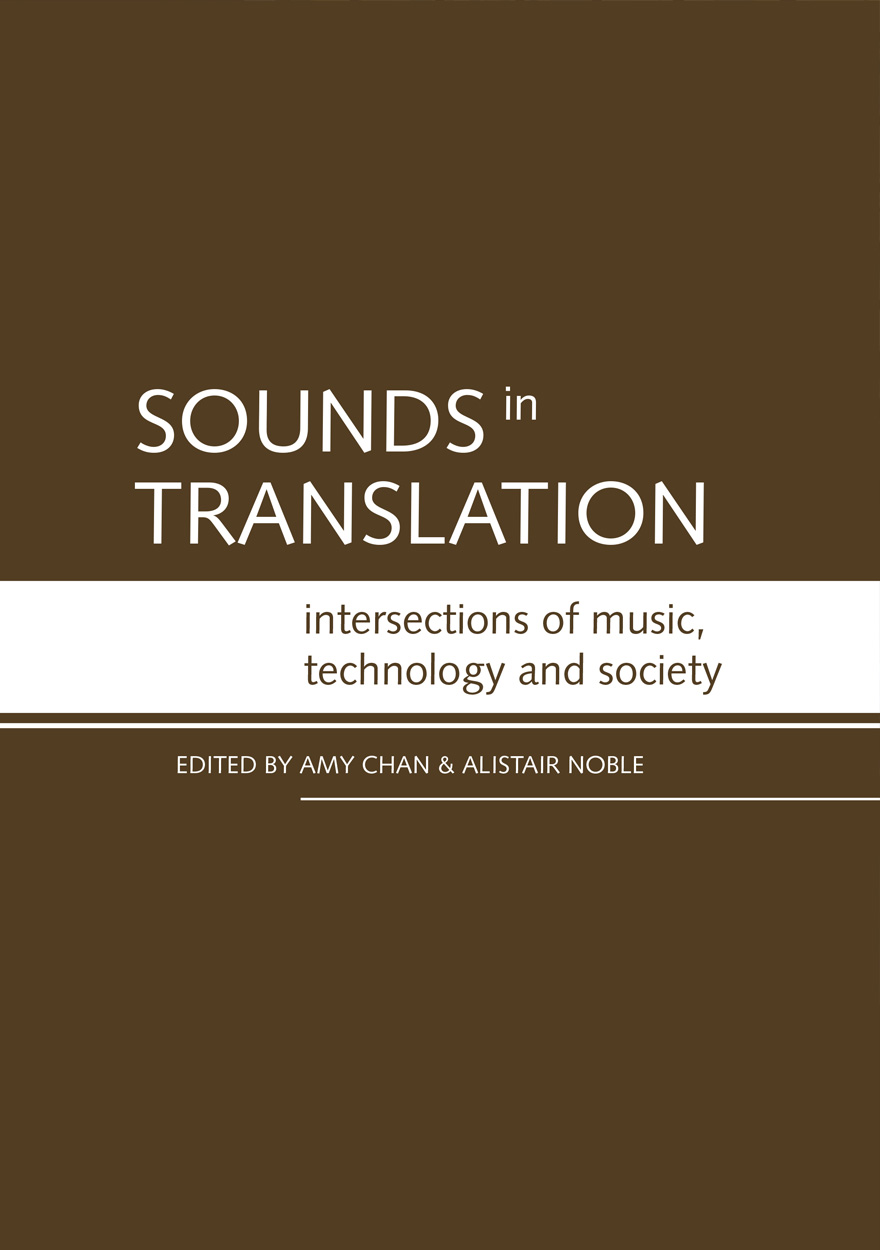Search titles
Displaying results 871 to 880 of 1156.

The Architecture of Security in the Asia-Pacific »
Edited by: Ron Huisken
Publication date: October 2009
We cannot expect in East Asia over the foreseeable future to see the sort of conflation of sovereign states that has occurred in Europe. We must anticipate that, for the foreseeable future, the requirement will be for the sensible management and containment of competitive instincts.
The establishment of a multilateral security body in East Asia that includes all the key players, and which the major powers invest with the authority to tackle the shaping of the regional security order, remains a critical piece of unfinished business.

Timing is Everything »
The Politics and Processes of New Zealand Defence Acquisition Decision Making
Authored by: Peter Greener
Publication date: October 2009
This book identifies the critical factors that shaped and influenced New Zealand’s defence acquisition decision-making processes from the election of the Fourth Labour Government in 1984 and the subsequent ANZUS crisis, through to the 11 September 2001 terrorist attacks on the United States and the following ‘war on terror’. It explores and analyses decision-making processes in relation to the ANZAC frigates, the military sealift ship HMNZS Charles Upham, the F-16 strike aircraft, the P-3C Orion maritime patrol aircraft upgrade, and the LAV IIIs.

What does the Honeybee See? And how do we Know? »
A critique of scientific reason
Authored by: Adrian Horridge
Publication date: October 2009
This book is the only account of what the bee, as an example of an insect, actually detects with its eyes. Bees detect some visual features such as edges and colours, but there is no sign that they reconstruct patterns or put together features to form objects. Bees detect motion but have no perception of what it is that moves, and certainly they do not recognize “things” by their shapes. Yet they clearly see well enough to fly and find food with a minute brain. Bee vision is therefore relevant to the construction of simple artificial visual systems, for example for mobile robots. The surprising conclusion is that bee vision is adapted to the recognition of places, not things.
In this volume, Adrian Horridge also sets out the curious and contentious history of how bee vision came to be understood, with an account of a century of neglect of old experimental results, errors of interpretation, sharp disagreements, and failures of the scientific method. The design of the experiments and the methods of making inferences from observations are also critically examined, with the conclusion that scientists are often hesitant, imperfect and misleading, ignore the work of others, and fail to consider alternative explanations. The erratic path to understanding makes interesting reading for anyone with an analytical mind who thinks about the methods of science or the engineering of seeing machines.

Cross-sections, The Bruce Hall Academic Journal: Volume V, 2009 »
Publication date: October 2009
Representing the combined energies of a large group of authors, editors, artists and researchers associated with Bruce Hall at the ANU, Cross-sections collects a range of works (from academic articles and essays to photography, digital art and installation artwork) that represents the disciplinary breadth and artistic vitality of the ANU.
Presenting a challenging and absorbing way for students to hone vital research skills, in the process, Cross-sections nurtures a fruitful environment of collaborative interaction between academics and students.
Download for free
Not available for purchase

Aboriginal Placenames »
Naming and re-naming the Australian landscape
Edited by: Harold Koch, Luise Hercus
Publication date: October 2009
Aboriginal approaches to the naming of places across Australia differ radically from the official introduced Anglo-Australian system. However, many of these earlier names have been incorporated into contemporary nomenclature, with considerable reinterpretations of their function and form. Recently, state jurisdictions have encouraged the adoption of a greater number of Indigenous names, sometimes alongside the accepted Anglo-Australian terms, around Sydney Harbour, for example. In some cases, the use of an introduced name, such as Gove, has been contested by local Indigenous people.
The 19 studies brought together in this book present an overview of current issues involving Indigenous placenames across the whole of Australia, drawing on the disciplines of geography, linguistics, history, and anthropology. They include meticulous studies of historical records, and perspectives stemming from contemporary Indigenous communities. The book includes a wealth of documentary information on some 400 specific placenames, including those of Sydney Harbour, the Blue Mountains, Canberra, western Victoria, the Lake Eyre district, the Victoria River District, and southwestern Cape York Peninsula.
For more information on Aboriginal History Inc. please visit aboriginalhistory.org.au.

A Bird That Flies With Two Wings »
Kastom and state justice systems in Vanuatu
Authored by: Miranda Forsyth
Publication date: September 2009
This book investigates the problems and possibilities of plural legal orders through an in-depth study of the relationship between the state and customary justice systems in Vanuatu. It argues that there is a need to move away from the current state-centric approach to law reform in the South Pacific region, and instead include all state and non-state legal orders in development strategies and dialogue. The book also presents a typology of models of engagement between state and non-state legal systems, and describes a process for analysing which of these models would be most advantageous for any country in the South Pacific region, and beyond.

Does History Matter? »
Making and debating citizenship, immigration and refugee policy in Australia and New Zealand
Edited by: Klaus Neumann, Gwenda Tavan
Publication date: September 2009
This volume of essays represents the first systematic attempt to explore the use of the past in the making of citizenship and immigration policy in Australia and New Zealand. Focussing on immigration and citizenship policy in Australia and New Zealand, the contributions to this volume explore how history and memory are implicated in policy making and political debate, and what processes of remembering and forgetting are utilised by political leaders when formulating and defending policy decisions. They remind us that a nuanced understanding of the past is fundamental to managing the politics and practicalities of immigration and citizenship in the early 21st century.

Framing the Global Economic Downturn »
Crisis rhetoric and the politics of recessions
Edited by: Paul `t Hart, Karen Tindall
Publication date: September 2009
The global economic downturn that followed the collapse of major US financial institutions is no doubt the most significant crisis of our times. Its effects on corporate and governmental balance sheets have been devastating, as have been its impacts on the employment and well being of tens of millions of citizens. It continues to pose major challenges to national policymakers and institutions around the world.
Managing public uncertainty and anxiety is vital in coping with financial crises. This requires not just prompt action but, most of all, persuasive communication by government leaders. At the same time, the very occurrence of such crises raises acute questions about the effectiveness and robustness of current government policies and institutions. With the stakes being so high, defining and interpreting what is going on, how and why it happened, and what ought to be done now become key questions in the political and policy struggles that crises invariably unleash.
In this volume, we study how heads of government, finance ministers and national bank governors in eight countries as well as the EU engage in such ‘framing contests’, and how their attempts to interpret the cascading events of the economic downturn were publicly received. Using systematic content analysis of speeches and media coverage, this volume offers a unique comparative assessment of public leadership in times of crisis.

Sounds in Translation »
Intersections of music, technology and society
Edited by: Amy Chan, Alistair Noble
Publication date: September 2009
Sounds in Translation: Intersections of music, technology and society joins a growing number of publications taking up R. Murray Schafer’s challenge to examine and to re-focus attention on the sound dimensions of our human environment. This book takes up his challenge to contemporary audiologists, musicologists and sound artists working within areas of music, cultural studies, media studies and social science to explore the idea of the ‘soundscape’ and to investigate the acoustic environment that we inhabit. It seeks to raise questions regarding the translative process of sound: 1) what happens to sound during the process of transfer and transformation; and 2) what transpires in the process of sound production/expression/performance. Sounds in Translation was conceived to take advantage of new technology and a development in book publishing, the electronic book. Much of what is written in the book is best illustrated by the sound itself, and in that sense, permits sound to ‘speak for itself’.

The Two Rainbow Serpents Travelling »
Mura track narratives from the ‘Corner Country’
Authored by: Jeremy Beckett, Luise Hercus
Publication date: September 2009
The ‘Corner Country’, where Queensland, South Australia and New South Wales now converge, was in Aboriginal tradition crisscrossed by the tracks of the mura, ancestral beings, who named the country as they travelled, linking place to language. Reproduced here is the story of the two Ngatyi, Rainbow Serpents, who travelled from the Paroo to the Flinders Ranges and back as far as Yancannia Creek, where their deep underground channels linked them back to the Paroo. Jeremy Beckett recorded these stories from George Dutton and Alf Barlow in 1957. Luise Hercus, who has worked on the languages in the area for many years, has collaborated with Jeremy Beckett to analyse the names and identify the places.
For more information on Aboriginal History Inc. please visit aboriginalhistory.org.au.



